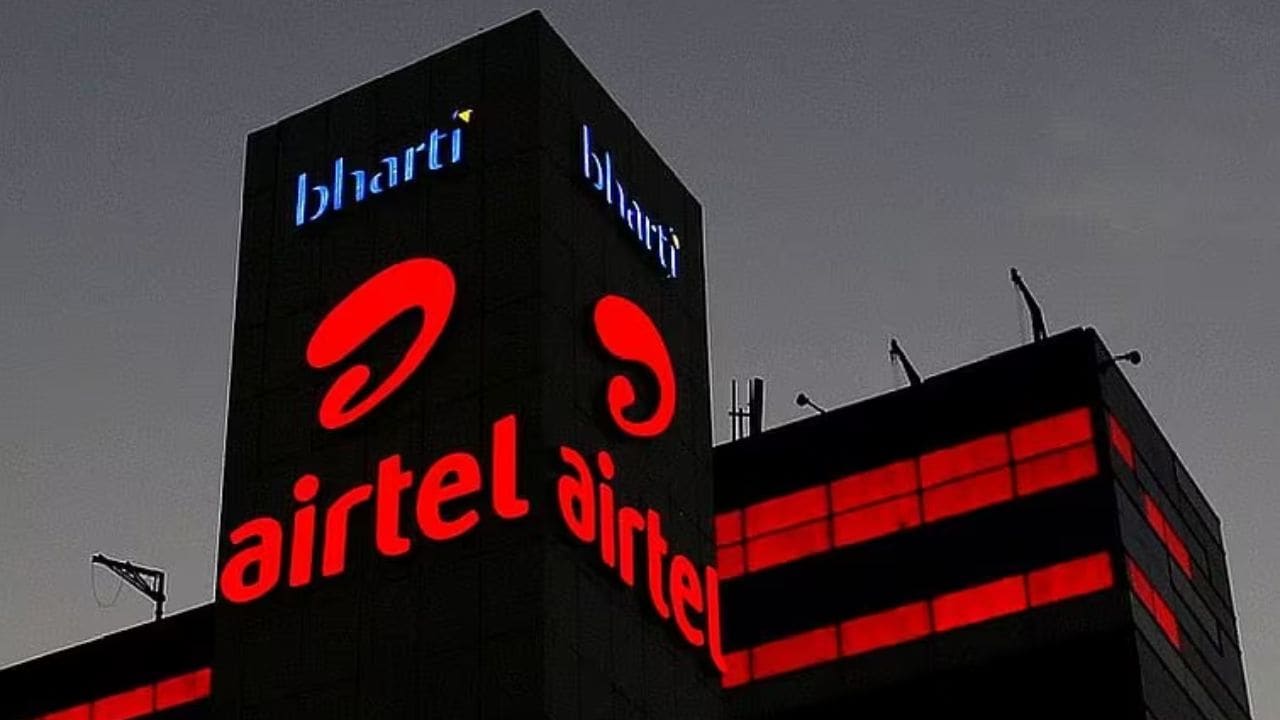In a significant move to enhance user security, Bharti Airtel Ltd announced on Wednesday, what it claims to be India’s first artificial intelligence (AI)-powered spam detection service. The new tool will be available free of cost to all Airtel customers starting today, marking a pivotal advancement in user security for the telecom giant.
Designed to rival Sweden’s Truecaller app, the new tool promises real-time alerts for suspected spam calls and SMSes, automatically activated for Airtel’s 387 million subscribers without the need for any app downloads.
Speaking a press conference, Gopal Vittal, the Managing Director and Chief Executive of Airtel, expressed confidence in the efficacy ofg their solution. “We believe our solution will be better than Truecaller or any other app or solution. This solution will stop the spam and prevent any potential scam or fraud that can happen through the spam call,” he stated.
Advanced Spam Detection Technology
This ambitious project has been under development for the past year and has already demonstrated its capabilities by identifying 100 million potential spam calls and 3 million spam SMS messages originating daily, effectively blocking 2 million spammers. The dual-layer protection system comprises filters at both the network and IT systems layers, ensuring comprehensive coverage against unwanted communication.
In an impressive feat, the AI-driven solution processes a staggering 1.5 billion messages and 2.5 billion calls daily within just 2 milliseconds, equating to the analysis of approximately 1 trillion record in real time. Vittal emphasized, “For us, keeping our customers secure is a burning priority,” underlining the company’s commitment to enhancing user safety.
Real-Time Classification and Protection
The AI-powered tool utilizes sophisticated algorithms to classify calls and SMS messages as “Suspected SPAM.” It evaluates various parameters, including the caller’s usage patterns, call frequency, and duration, to accurately flag potential spam communications.
Additionally, the system scans for malicious links in SMS messages against a centralized database of blacklisted URLs, providing another layer of protection against cyber threats.
With a subscriber base of 387 million, Airtel is currently focused on smartphone users, although plans are in place to extend this service to feature phone users as well. To further mitigate the risk of genuine callers being mistakenly flagged as spam-such as calls from food delivery services like Swiggy or Zomato-Airtel is collaborating with other telecom operators to share business-to-business data.
Collaborative Efforts and Regulatory Challenges
Vittal expressed Airtel’s willingness to collaborate with the Department of Telecommunications and the Telecom Regulatory Authority of India (TRAI) to share data on spammers, advocating for penal actions against offenders. Despite these efforts, the ongoing problem of spam remains, particularly as new threats emerge from over-the-top (OTT) applications like WhatsApp.
“We can’t do anything about spam on OTT apps. For that, they have to be brought into some kind of regulation,” Vittal remarked, highlighting the need for a comprehensive approach to address this modern challenge.
